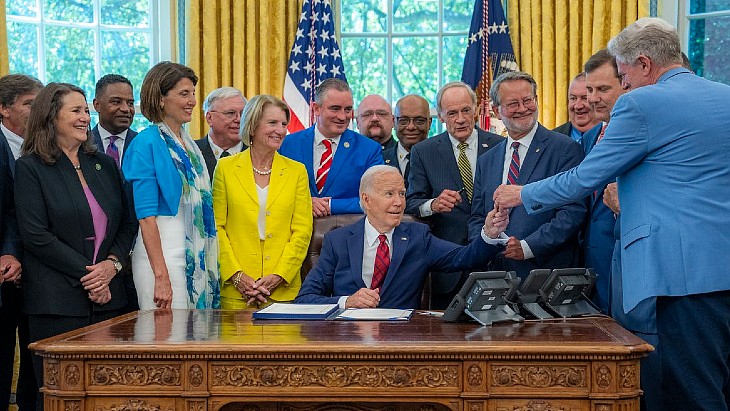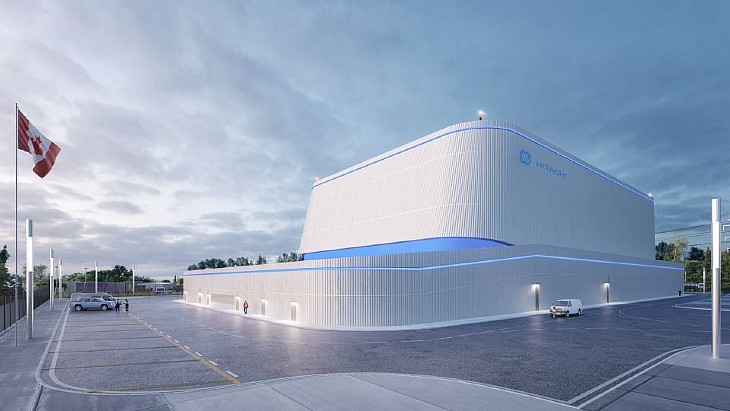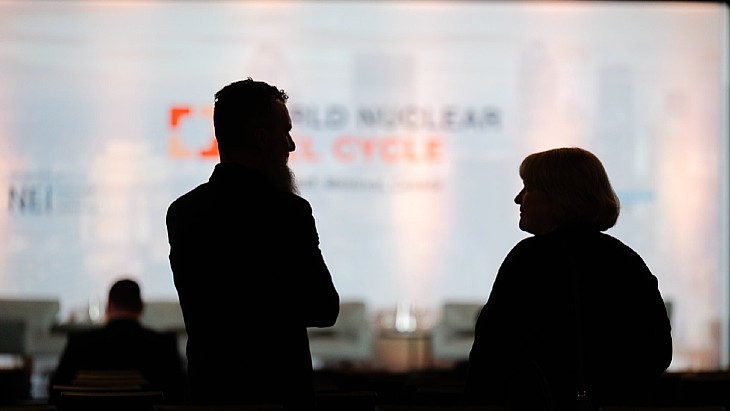Report sets radiological baseline for UAE
-2.jpg)
FANR's radiological monitoring programme was set up to enable the independent regulator to meet statutory requirements and to enable it to advise government entities on matters related to radiation protection. The report presents findings from 2015, the first year of FANR's monitoring programme.
The work included surveying radiological conditions in the UAE prior to the operation of a nuclear facility, documenting the baseline of radiation present in the environment, and determining the source of any man-made radionuclides found in the environment. Vegetation, surface soil and seawater samples were analysed at FANR's environmental laboratory. In addition, the laboratory analysed over half a million individual gamma dose rates from a network of 13 monitoring stations across the UAE and over 600 gamma dose rate measurements taken using a portable high-pressure ion chamber.
Naturally occurring radionuclides were found to be present as expected, and were below reference levels set in FANR's regulations. The only man-made radionuclide detected in the samples from 2015 was caesium-137, found at low levels in the majority of the soil samples. This was expected and normal: caesium-137, primarily due to residual fallout from past atmospheric nuclear weapons testing, is found in soils around the world.
"Establishing a baseline level of environmental radiation is essential prior to the operation of any nuclear facility, because it provides a reference point to which the results of future monitoring can be compared," FANR Director General Christer Viktorsson said.
"FANR's Radiological Monitoring Programme and the development of this first annual report are in line with our responsibility and authority as the UAE's independent nuclear regulator to monitor radiation levels in the UAE and protect the nation's public, its workers and the environment from the harmful effects of ionising radiation. Following the analysis and measurements detailed in our first annual report on Radiological Environmental Monitoring, we are to be able to conclude that, in general, the background radiation level present in the UAE's environment is very low in comparison to most other countries in the world," Viktorsson said.
FANR continuously monitors radioactivity levels through its environmental monitoring laboratory at Zayed University in Abu Dhabi and radioactivity monitoring stations at various locations across the UAE. The report was launched at the first Middle East Radiation Protection Week, co-hosted by FANR and the International Commission for Radiological Protection at Khalifa University for Science and Technology.
Construction of the UAE's first nuclear power unit, Barakah 1, was formally declared complete earlier this year. The unit is expected to enter service in late 2019 or early 2020.










_50521.jpg)

